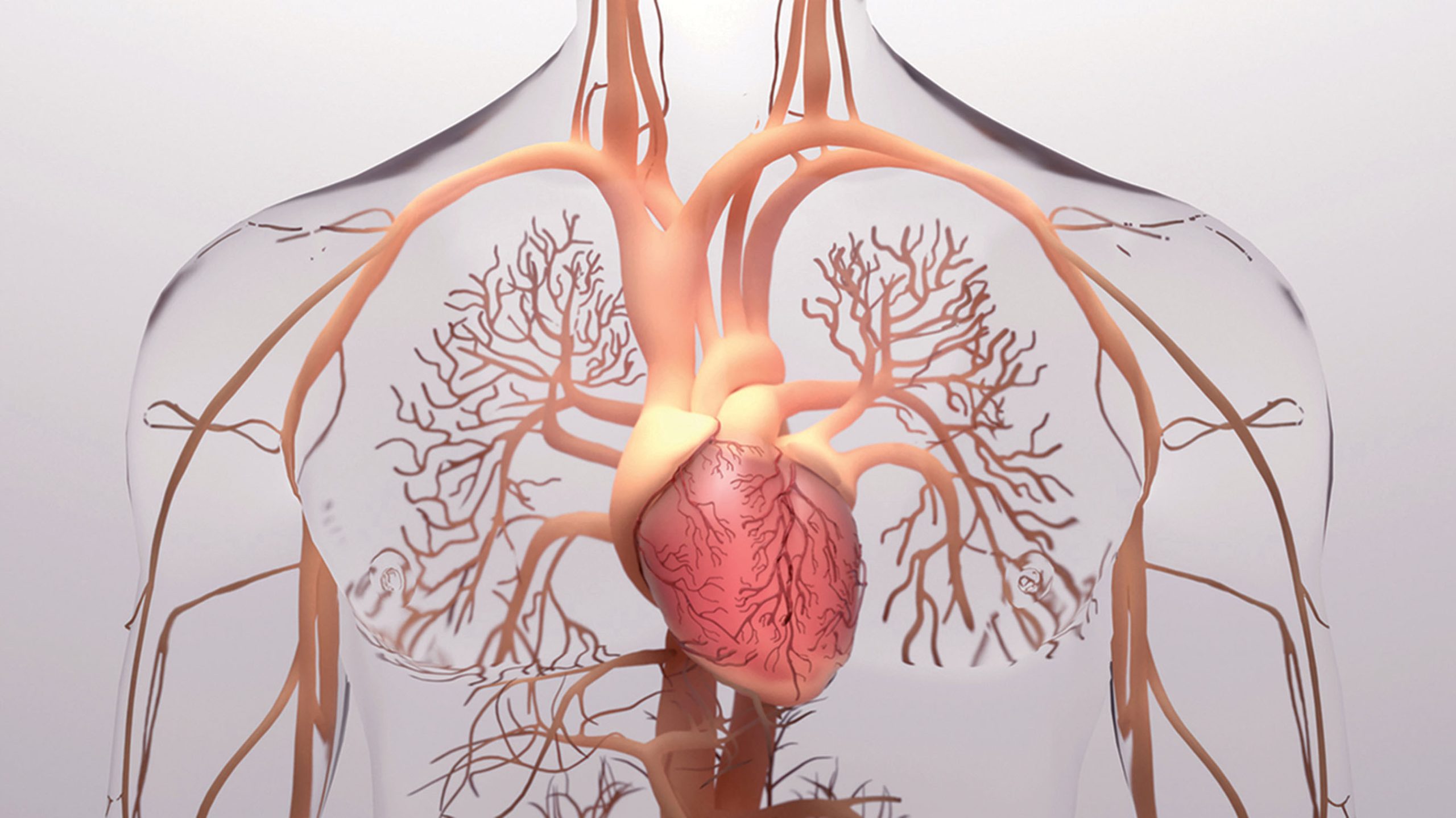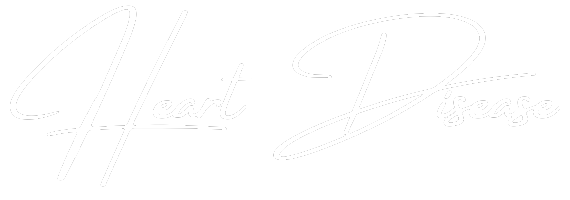
You tell yourself it’s just a busy season, but your chest has started to tighten anyway
It begins small. A tightness. A pause in breath. You blame deadlines. Or traffic. But your body responds even when your mind says everything’s fine. Stress doesn’t wait for disaster. It builds slowly. Day by day. It changes your rhythm. Raises your blood pressure. Your heart doesn’t know if the threat is emotional or physical. It simply reacts—fast and often.
You’ve been sleeping less, eating quicker, and noticing your heart race even when sitting still
Sleep feels shorter. Meals become rushed. The day blurs. But the body doesn’t forget. Cortisol rises. Adrenaline lingers. Your resting heart rate climbs. Your chest tightens even at rest. These aren’t random. Stress shifts your baseline. What used to feel like calm now carries tension. The heart feels it long before your schedule admits it.
There are moments when your heart skips, flutters, or pounds—and you wonder if it’s just panic
You feel a sudden jolt. Then nothing. Then a rush. Panic feels like a heart attack. A heart attack can feel like panic. The overlap is dangerous. That’s why palpitations during stress should never be brushed aside. Even if they fade fast. Repetition matters. So does the story behind them. Not all panic is anxiety. Not all flutters are harmless.
You’ve noticed your blood pressure creeping higher, and doctors mention stress as a silent factor
You’re not eating salty food. You’re exercising. But your pressure won’t go down. You track it. It stays high. You wonder why. Stress doesn’t just raise pressure during crises. It sustains it. It rewires your nervous system. Keeps your vessels tight. Leaves your heart pumping harder, longer. Even when the stress feels “manageable,” your body still absorbs it all.
You push through chest tightness and fatigue because it doesn’t feel serious enough to stop
You don’t want to make a fuss. You’re tired but still functioning. Chest feels heavy, not painful. So you continue. One more task. One more call. But these early signs matter. Especially under chronic stress. Your heart sends subtle signals first. Not always sharp pain. Sometimes, just a resistance you start ignoring. Until you can’t anymore.
You’ve turned to quick fixes—caffeine, sugar, alcohol—and they seem to feed the loop further
Stress leaves you drained. You reach for stimulants. Then sedatives. A cycle forms. Coffee in the morning. Wine at night. Sugar in between. Each brings momentary relief. But behind the scenes, they add more pressure. Blood vessels constrict. Inflammation rises. Sleep worsens. And your heart tries to adapt, beating faster to keep pace with all these spikes.
Your breath becomes shallow, short, and uneven—and the pressure spreads beyond your chest
You’re not gasping, but you’re not breathing deeply. Shallow breath becomes your default. Oxygen lowers. Muscles tighten. This affects circulation. The heart works harder to compensate. And over time, this oxygen imbalance can mimic other heart symptoms. Shortness of breath plus stress often blurs the line between emotional and cardiovascular strain.
Your doctor says the heart is structurally fine, but something still doesn’t feel right
You’ve had the tests. EKG. Echo. Blood work. Everything looks normal. But symptoms remain. The heart isn’t broken, but it’s overworked. That’s the part stress affects—function, not always structure. So even with clean scans, the experience can still be real. It’s not “in your head.” It’s in your nervous system. Your stress response is overfiring.
You carry emotional weight that never feels fully resolved—and your chest often feels the cost
Grief, regret, tension—none of it shows on a scan. But it settles in the chest. You don’t cry often. But you feel heavy. Your pulse quickens during memories. Heartache isn’t just a phrase. Chronic emotional load becomes physical. It changes your chemistry. Your immune system. And yes, your heart health. You can’t separate feelings from physiology forever.
You think rest means sleeping, but your body keeps bracing—even when your eyes are closed
You lie down. But your jaw clenches. Shoulders stay lifted. Your legs twitch. You’re not resting. You’re pausing in tension. And your heart keeps up with that. True rest requires release. Without it, stress keeps whispering through your heartbeat. It doesn’t stop just because the lights go out.
